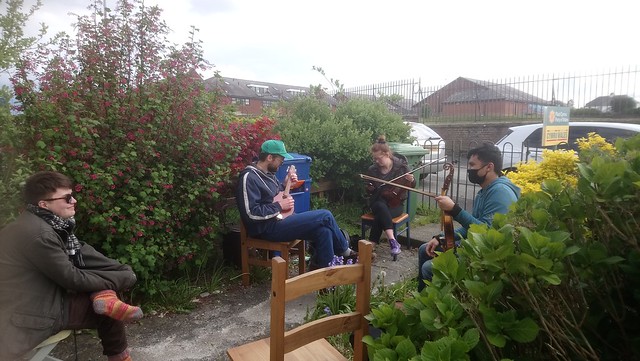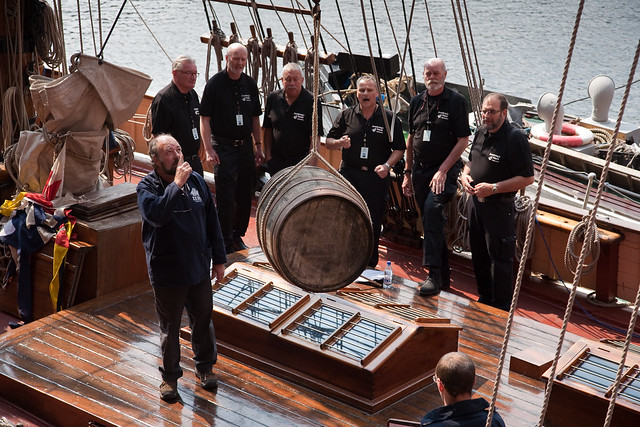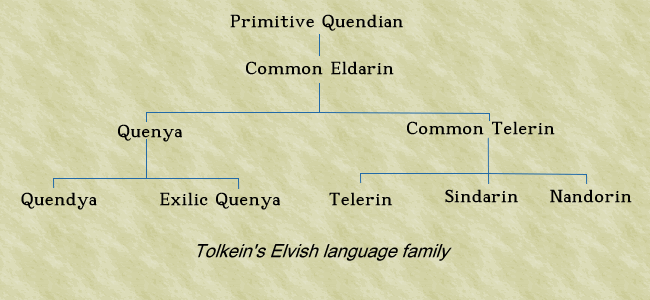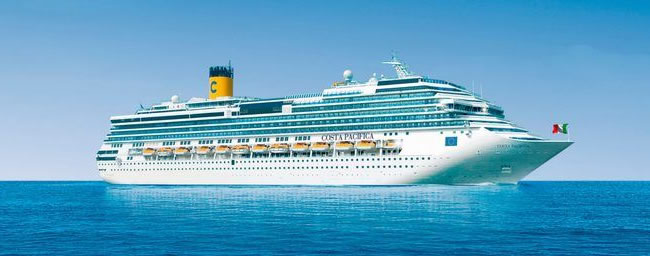Podcast: Play in new window | Download
In this episode I talk about Japanese, giving an overview of the history of the language, its vocabulary and grammar, and how and why I learnt it.
日本語 (nihongo/nippongo) = Japanese
- 日 (nichi, jitsu, hi, bi, ka) = day, sun, Japan, counter for days. E.g. 日曜日 (nichiyōbi – Sunday), 日々 (hibi / nichinichi – daily), 日陰 (hikage – shade, shadow, sunlight), 日外 (jitsugai – once, some time ago)
- 本 (moto, hon) = origin, source, base, foundation, root, cause, ingredient, material; book, volume, script; counter for long cylindrical things. e.g. 本木 (motoki – original stock
- 語 (go) = word, language, speech
- 語る (kataru) = to talk about, speak of, tell, narate, recite, chant, indicate, show
- 日本 (nihon/nippon) = Japan (“sun’s origin”) – nippon is used in official uses, such as on banknotes and stamps, while nihon is used in everyday speech.
Japan used to be called 倭 (wa) or 倭國 (wakoku) in Chinese – a name first used in the 3rd century AD. 倭 means “dwarf” or “submissive”. Later the Japanese changed the character 倭 to 和 (peaceful, harmonious) and combined it with 大 (big, great) to form 大和 (yamato) or “Great Wa”, which possibly originally referred to a place in Japan – 山戸 (yamato) or “Mountain Gate”.
絵文字 (emoji) = pictorial symbol, pictograph or pictogram. Also written 絵もじ or エモジ.
- 絵 (e, kai) = picture, drawing, painting
- 文 (fumi, aya, bun, mon) = sentence, text, letter
- 字 (aze, azana, na, ji) = character, letter, written text
More information about Japanese
https://www.omniglot.com/writing/japanese.htm
https://en.wikipedia.org/wiki/Kanji
https://en.wikipedia.org/wiki/Names_of_Japan
https://en.wiktionary.org/wiki/Category:Japanese_terms_derived_from_Portuguese
https://en.wiktionary.org/wiki/Category:Japanese_terms_derived_from_Dutch
https://en.wikipedia.org/wiki/Japanese_sound_symbolism
https://www.fluentu.com/blog/japanese/interesting-facts-about-japanese-language/
Music featured in this episode
幻想的の曲 (gensō-teki no kyoku) – a sort-of Japanese-sounding improvisation played by me on the tenor and descant recorders.
If you would like to support this podcast, you can make a donation via PayPal or Patreon, or contribute to Omniglot in other ways.






